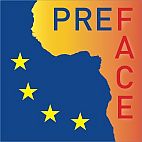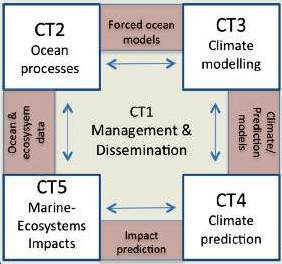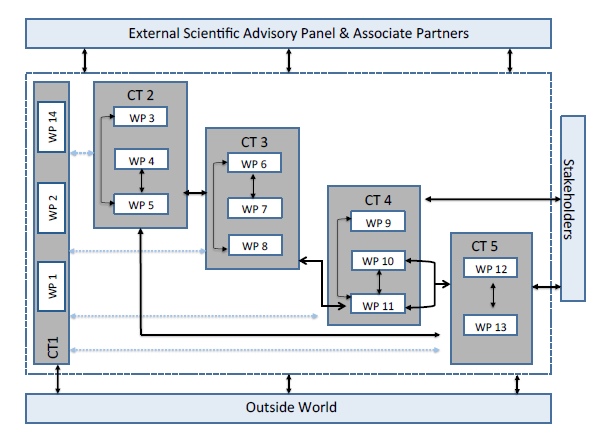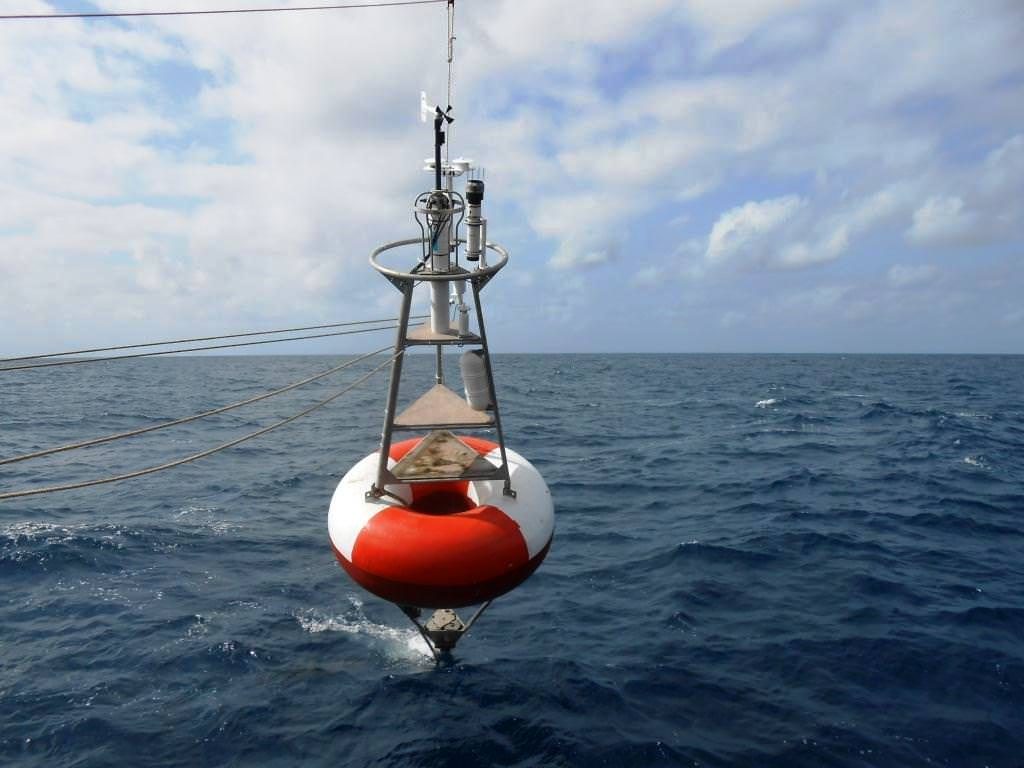
CT2: Role of ocean processes in climate variability
Lead: Peter Brandt (GEOMAR, Germany); Alban Lazar (UPMC, France)
CT2 will increase understanding of ocean processes key to tropical Atlantic climate through the combined use of historical and new observations and medium- to high-resolution forced ocean modelling:
WP3: Heat and freshwater budgets, air-sea interaction aims to improve the understanding of the physical processes controlling the mixed layer heat and freshwater balances in the eastern boundary upwelling regions (Canary Current and Benguela Current) and in the Gulf of Guinea. Read on…
WP4: Circulation and wave response investigates the role of local and remote forcings along the equatorial and coastal wave-guide in setting mean sea surface temperature (SST) pattern and in driving SST variability in eastern boundary coastal upwelling regions of both hemispheres. Read on…
WP5: Joint observations – model comparison, with input from WP3&4, will use forced medium- to very-high-resolution ocean models to identify causes of systematic error in these regions and ways of improving ocean models, thus informing work in CT3&5. Read on…
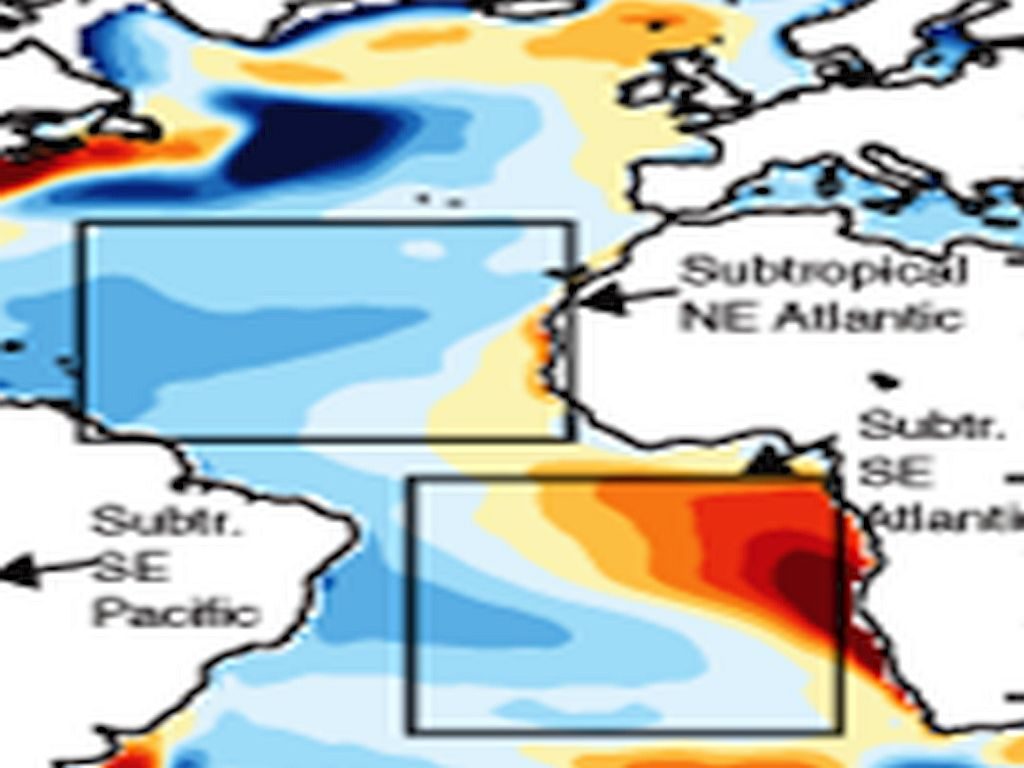
CT3: Evaluation of current climate models and bias reduction
Lead: Thomas Toniazzo (UniRes, Norway); Emilia Sanchez-Gomez (CERFACS, France)
CT3 will provide a robust assessment of various systematic errors in coupled ocean-atmosphere-land processes, and develop improved and bias corrected coupled models:
WP6: Coupled basin-wide processes determining the climatology focuses on understanding and reducing systematic biases that develop on time scales from hours to a year, as captured in climate predictions. WP6 informs work in WP7&8. Read on…
WP7: Relation between the background state (error) and variability investigates the relationship between models mean biases and the representation of the tropical Atlantic variability on seasonal to decadal timescales. Read on…
WP8: Influence of remote systematic errors assesses to what extent tropical Atlantic systematic errors can be understood in isolation of remotes errors, including land interaction. Read on…
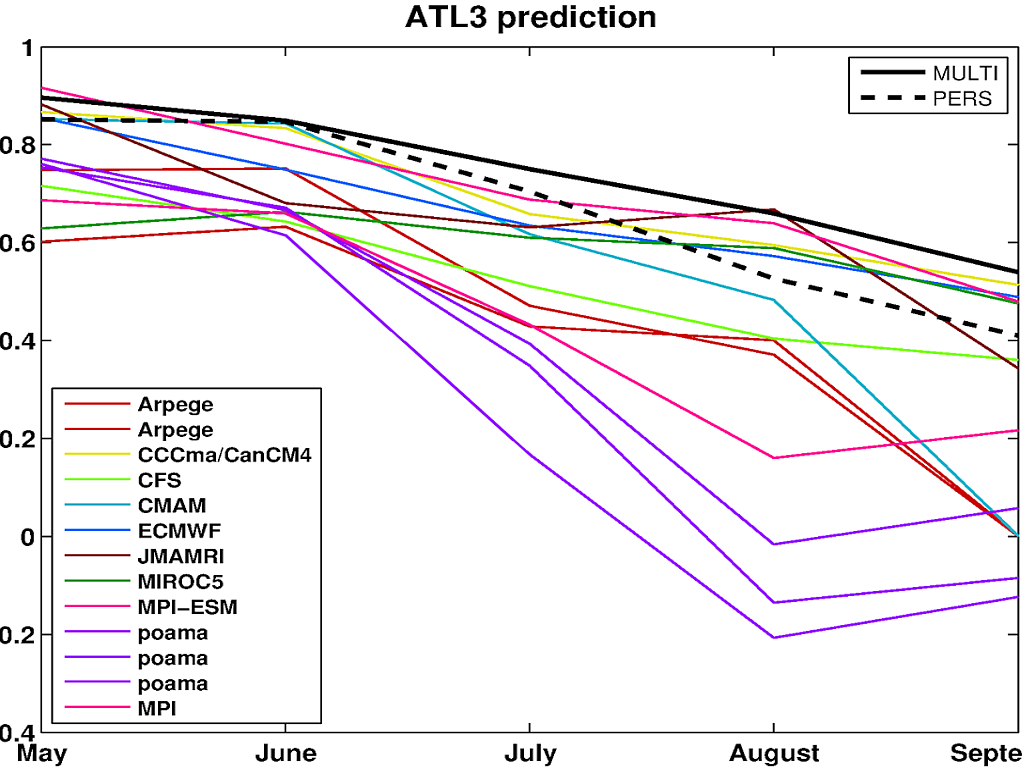
CT4: Climate prediction in the tropical Atlantic
Lead: Belen Rodriguez-Fonseca (UCM, Spain); Virginie Guemas (BSC-CNS, Spain)
CT4 will increase understanding of climate predictability in the region and evaluate the impact of model systematic error on climate prediction, through experiments incorporating model improvements (from CT2&3) and bias correction techniques:
WP9: Tropical Atlantic variability on seasonal and longer time scales and its global impacts investigates mechanisms for seasonal variability, and assesses the contribution of external forced climate change in the region. Read on…
WP10: Statistical methods to assess and improve forecast of Tropical Atlantic variability focuses on advanced statistical methods for enhancing prediction in the region. Read on…
WP11: Impact of model improvement and systematic error reduction on climate prediction and projection quantifies the impact of the PREFACE model improvements (CT3) and bias correction techniques in climate predictions and long-term projections, and provides the most reliable information to CT5. Read on…
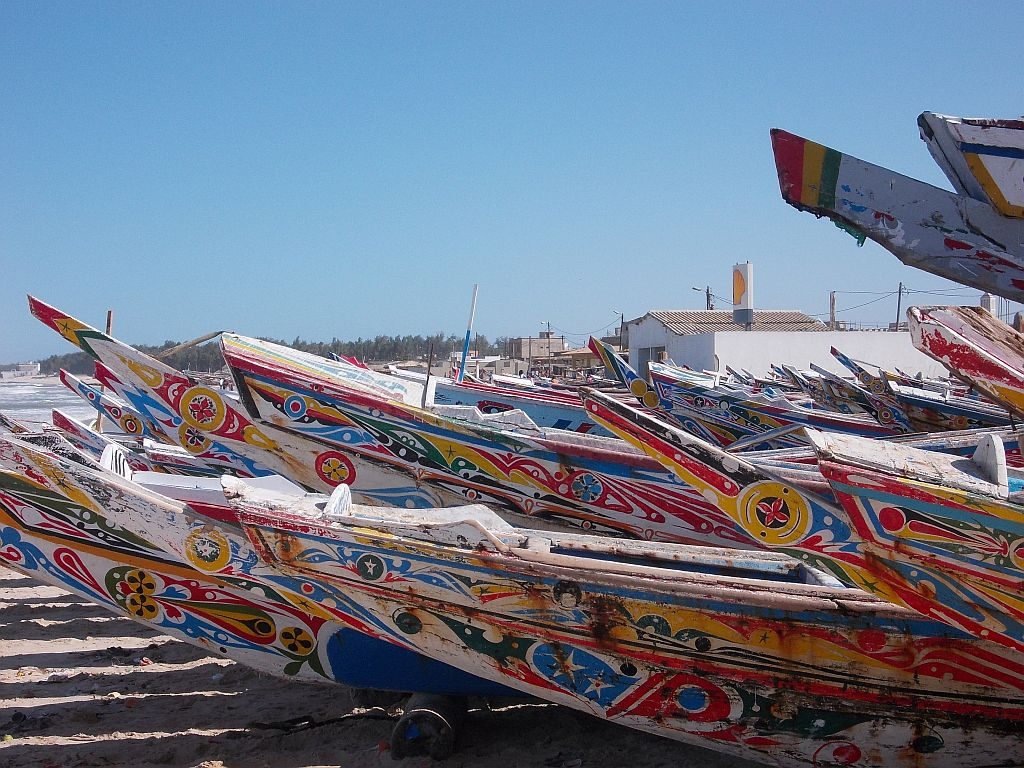
CT5: Impacts of climate change on pelagic functional diversity in the tropical Atlantic with effects on western African fisheries economies
Lead: Patrice Brehmer (IRD, France); Jörn Schmidt (CAU, Germany)
CT5 aims to disentangle environmental and anthropogenic pressures on pelagic fish stocks in the Tropical Atlantic:
WP12: Environmental and anthropogenic pressures on pelagic ecosystems and fisheries – aims to disentangle environmental and anthropogenic pressures on pelagic fishes in the tropical Atlantic; stock development and spatial distribution (vertical and horizontal), and to analyse changes in total biomass and spatial (vertical and horizontal) distribution of major food web components. Read on…
WP13: Evaluating environmental and socio-economic effects of climate change on small scale fisheries – develop coupled ecological-economic models for key species and investigate perceived and realised threats for coastal fishing communities. Read on…
